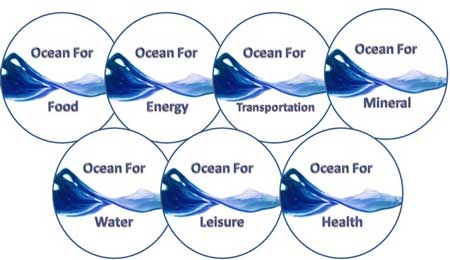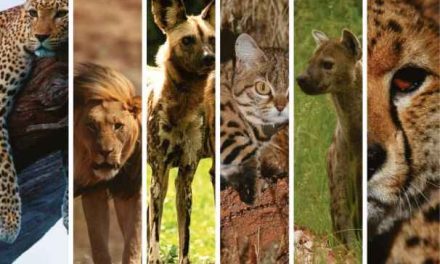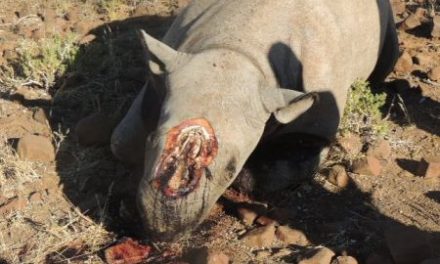
Validation workshop for sustainable Blue Economy policy

To address challenges, Namibia recently hosted a validation meeting to develop a Sustainable Blue Economy Policy to coordinate, manage and regulate aquatic economic activities for the implementation of a blue economy governance framework.
In line with its National Development Plan 5, and in accordance with Cabinet instructions, Namibia is tying up loose ends in developing a sustainable Blue Economy Policy, in a determined effort to pursue, coordinate and promote the management and development of the country’s marine and aquatic resources.
This policy is based on the three focal areas of sustainable ecosystem management namely environmental protection, economic sustainability and social equity.
The government directive further advocates for investment in Namibia’s Blue Economy to both local and international investors to strengthen growth and allow expansion of the Blue Economy within its guiding principles for the benefit of current and future generations.
The Development of the Blue Economy Policy is in line with the Rio Summit “Rio +20” where it was recognised that the sector needs a regulatory approach of the aquatic ecosystem, particularly the ocean economy which often lacks synergies and coordination that compromises maximum production and the health of the aquatic ecosystem. This often results in conflicting use of shared ecosystem spaces.
Emerging and Potential Blue Economy activities as outlined in the Sustainable Development Goal 14 which include Blue Bio-Prospecting and Carbon Trading.
These sectors respectively are regulated by the Ministry of Environment, Forestry and Tourism and Ministry of Fisheries and Marine Resources to establish the amount of carbon stored sequestered in the aquatic ecosystem for trading reasons.
It is also recognised that there is growing global interest in marine genetic resources of the exceptional biological diversity of the oceans. Ocean life forms constitute an important source of novel genes and natural products, with applications in medicine, food, materials, and energy across a wide array of bio-based industries.
Namibia further recognises that marine biological prospecting involves the discovery, in the ocean environment, of novel genes and biological compounds, that can lead to commercial development of pharmaceuticals, enzymes, cosmetics, and other products.
The rationale for this policy is to create a blue economy governance framework that is aimed at unlocking the full potential of the blue economy that will contribute to poverty alleviation, sustainable economic growth, enhance social inclusion, improve human welfare and create employment opportunities.
The policy further aims to strengthen linkages while minimising conflict, and enhance coordination amongst stakeholders that operate in the same aquatic ecosystem space to ensure ecosystem health and environmental protection.
In this policy, alignment is made between effective protection, sustainable production and equitable prosperity, as called for by the Fifth National Development Plan and in the Transformations Document of the High Level Panel for Sustainable Ocean Economy.
This overarching policy provides a basis for integrated sustainable management of the aquatic ecosystem at the Inter-Ministerial level to grow and expand the blue economy to create sustainable production and social inclusiveness through the meaningful participation of locals and fair distribution of wealth while ensuring that environmental health is maintained.
Finally, the policy guides the coordination and promotion of sustainable and equitable economic opportunities in accordance with the principle of sustainable development by integrating the three pillars, namely, environmental protection, economic sustainability and social equality throughout the blue economy.











































